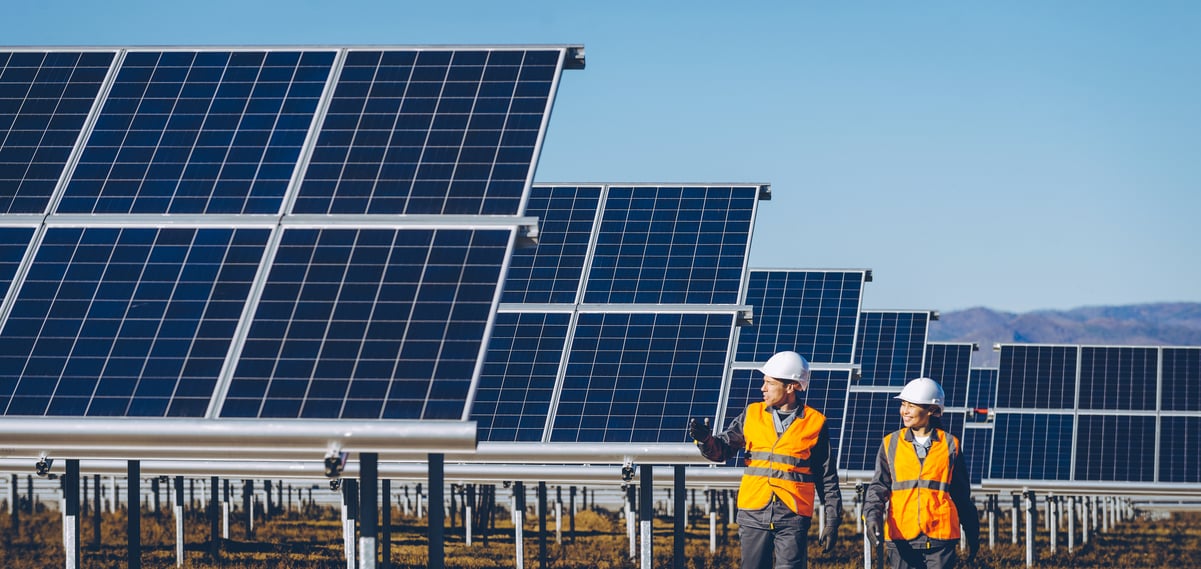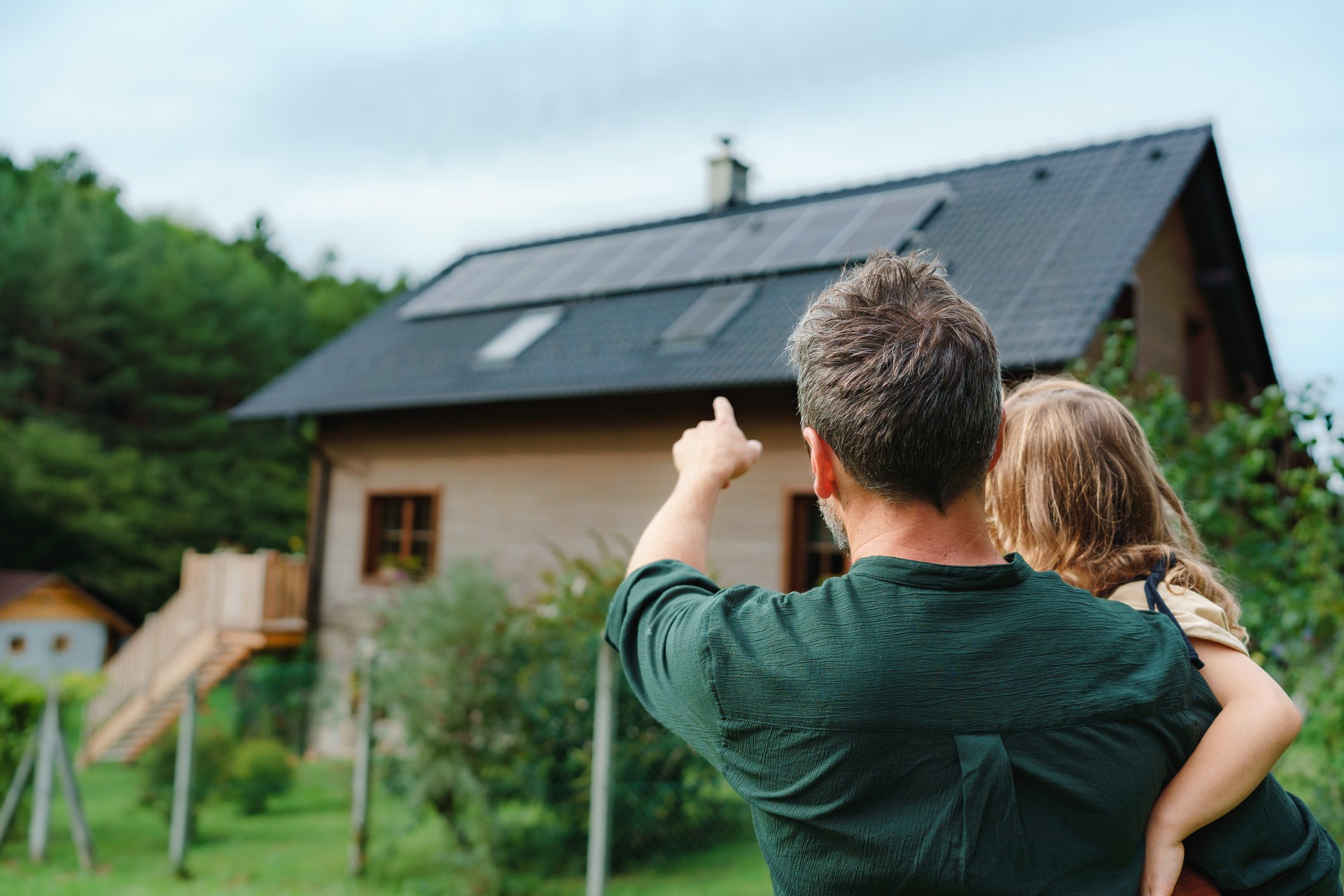When First Solar (FSLR +0.67%) announced it was looking for potential buyers for its stake in 8point3 Energy Partners (CAFD +0.00%), it gave its upgrade to its Series 6 solar panel product as a big reason why. The Series 6 upgrade will cost a lot of money, and if the company can pull $350 million from 8point3 Energy Partners, it could be a good move long term.
But when you look at First Solar's balance sheet and its costs to upgrade to Series 6, the reasoning for selling its 8point3 Energy stake doesn't quite make sense. Either First Solar has bigger growth plans than it's letting on or the yieldco business is really not working out as planned.

Image source: First Solar.
Why capacity expansion won't need new capital
Between now and 2019, First Solar expects to upgrade 3 GW of existing plants to Series 6. In a presentation in November, management said these upgrades will cost about $0.30 per watt. The total upgrade cost would be about $900 million over the next three years.
Looking at the balance sheet, First Solar had $2.0 billion in cash at the end of 2016 and expects to have $1.4 billion to $1.6 billion in net cash at the end of 2017. That's after beginning the construction for Series 6. In other words, the idea that Series 6 will require more capital than First Solar already has doesn't make a lot of sense. Cash is the least of First Solar's problems.
Is First Solar growing more than it lets on?
First Solar's management has said it could build as much as 5 GW of Series 6 capacity with existing manufacturing facilities, and building greenfield capacity would cost $0.40 per watt, so each GW of additional capacity would add up to about $400 million.
If cash is needed to move to Series 6, the $2.0 billion of cash on the balance sheet could build 6.25 GW of capacity (5 GW of repurposed facilities and 1.25 GW of greenfield) with the current cash level. Another $300 million or so from selling its stake in 8point3 Energy Partners could add 750 MW of potential capacity on top of the 6.25 GW First Solar can already afford. That's potentially 7 GW of capacity, or nearly 10% of annual solar installations globally.
If Series 6 is indeed a "transformational product," it's possible First Solar sees huge capacity expansion opportunities. But outside of wanting to build over 6 GW of capacity, the sale doesn't make sense for Series 6 alone.
Does First Solar just want out?
I think it's more likely that First Solar just sees its business model differently today than it did when 8point3 Energy Partners was launched. And the yieldco no longer aligns with that model.
One statement that caught my attention in the announcement of a strategic review was that First Solar was looking for a "faster recycling of systems business capital." The company hopes to either sell components to other developers or sell the systems it develops earlier in the process. Think of it a little like retailers trying to turn over their inventory more quickly than rivals.
8point3 Energy Partners was all about long-term ownership, which cuts against the new strategy. And with 8point3 Energy Partners' management saying it likely wouldn't be able to buy projects First Solar recently offered to the yieldco, the benefits have run their course. Even if First Solar has to sell at a discount, the move may be a good idea.
The real story isn't cash needs
First Solar doesn't need cash to upgrade its manufacturing to Series 6, so that excuse probably doesn't make sense. But if you read between the lines, you can see that the yieldco may have run its course of usefulness for First Solar and management just doesn't see the need to maintain ownership.
What will be interesting to watch is at what level First Solar is willing to sell its stake. A sale for $350 million or more, which would equate to $15.82 per share, may make sense, but why sell for much less? If the sale went for $250 million, or $11.30 per share, why not just take the approximately $25 million in dividends annually?
Time will tell what management sees as its best option and what the market will bear.






